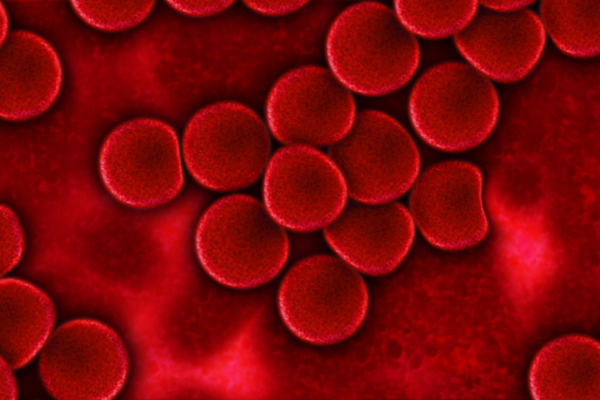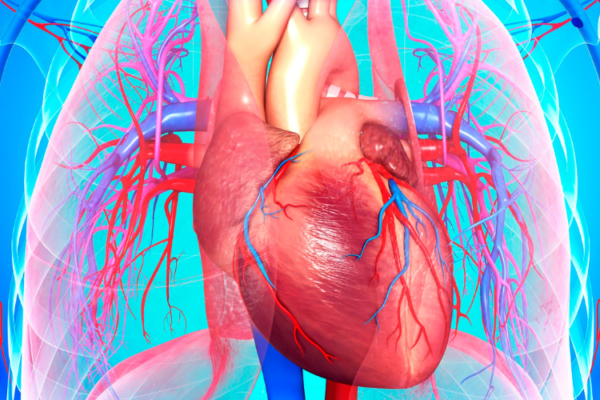Smoking and Cardiovascular Disease: The Science Behind the Risks
Smoking is one of the leading preventable causes of cardiovascular disease (CVD), contributing to a significant number of deaths and disabilities worldwide.
Smoking is one of the leading preventable causes of cardiovascular disease (CVD), contributing to a significant number of deaths and disabilities worldwide.
Stress has a profound impact on overall health, particularly on the cardiovascular system. While occasional stress is a normal part of life, chronic stress can take a significant toll on heart and blood vessel health, primarily through the action of cortisol, the body’s primary stress hormone.
Aging brings various changes to the cardiovascular system that can pose challenges for maintaining heart health. However, by adopting a heart-healthy lifestyle that includes a balanced diet, regular exercise, stress management, and proactive medical screenings, individuals can significantly reduce their risk of cardiovascular diseases and improve their quality of life as they age.
Heart Rate Variability (HRV) refers to the variation in time intervals between consecutive heartbeats. It is a significant indicator of the autonomic nervous system’s regulation of the heart and can provide valuable insights into an individual’s cardiovascular health and overall well-being. Understanding Heart Rate Variability (HRV) Monitoring and Improving HRV Conclusion Heart Rate Variability is…

Atherosclerosis is a condition characterized by the buildup of plaque within the arterial walls, leading to narrowed arteries and reduced blood flow. This process can significantly increase the risk of cardiovascular diseases, including heart attacks and strokes.
By understanding the different types of cholesterol, how they impact heart health, and making strategic lifestyle changes, we can maintain a healthy balance and reduce the risk of heart disease.
Blood pressure is one of the key indicators of cardiovascular health. Often referred to as the “silent killer” due to its lack of symptoms, abnormal blood pressure—whether too high or too low—can lead to severe health complications if not properly managed

Circulatory system, is a complex network responsible for the circulation of blood, nutrients, gases, hormones, and waste products throughout the body.